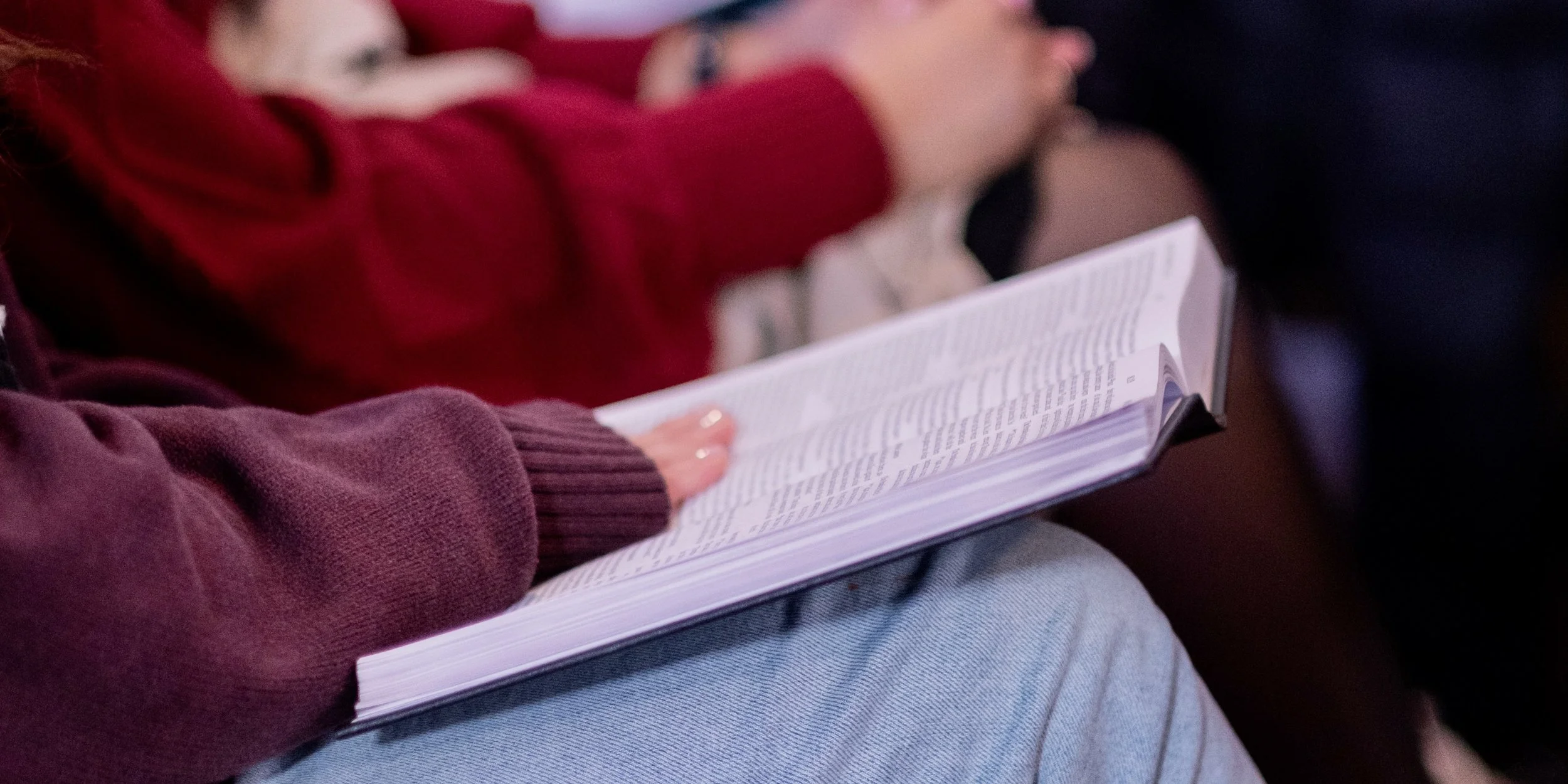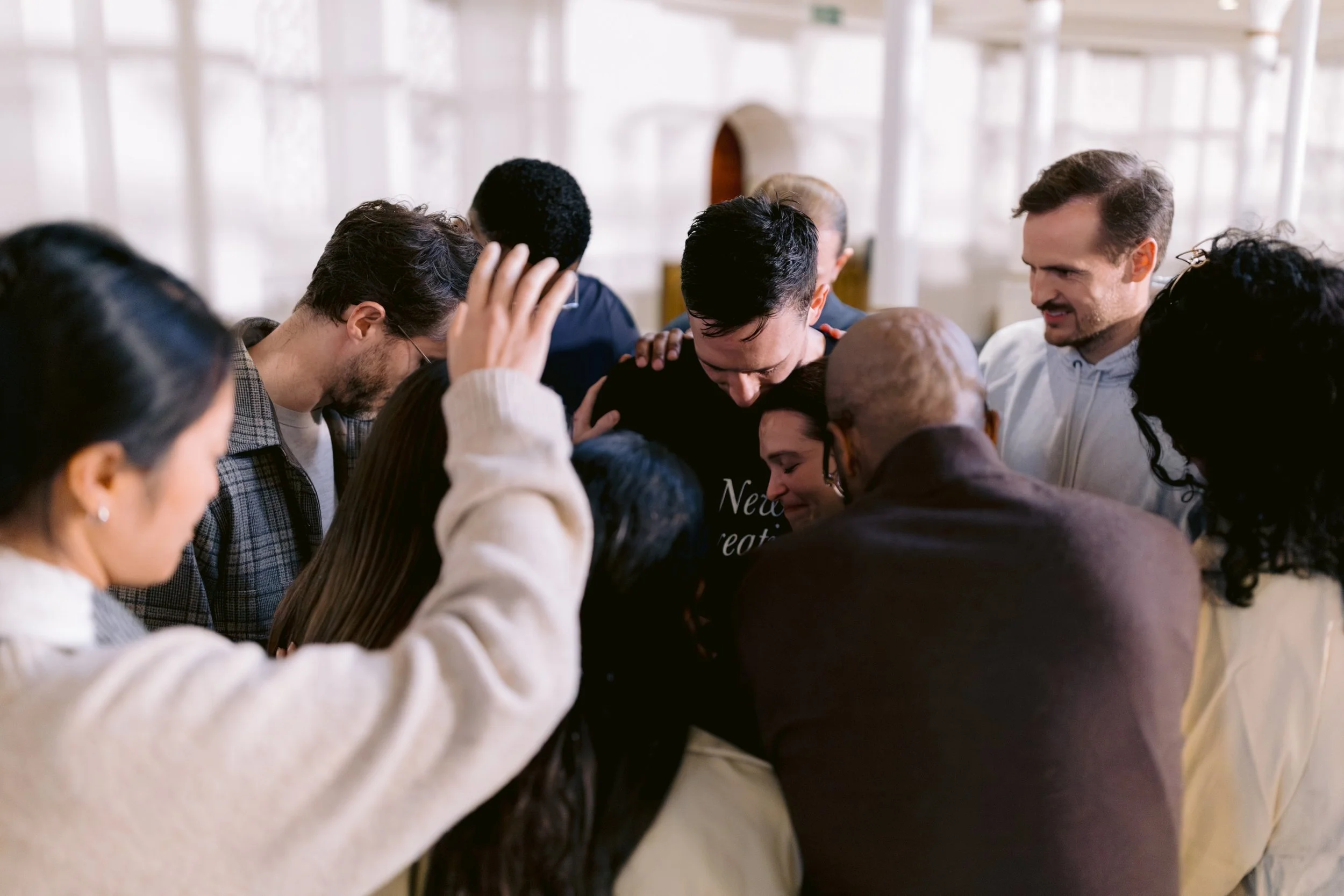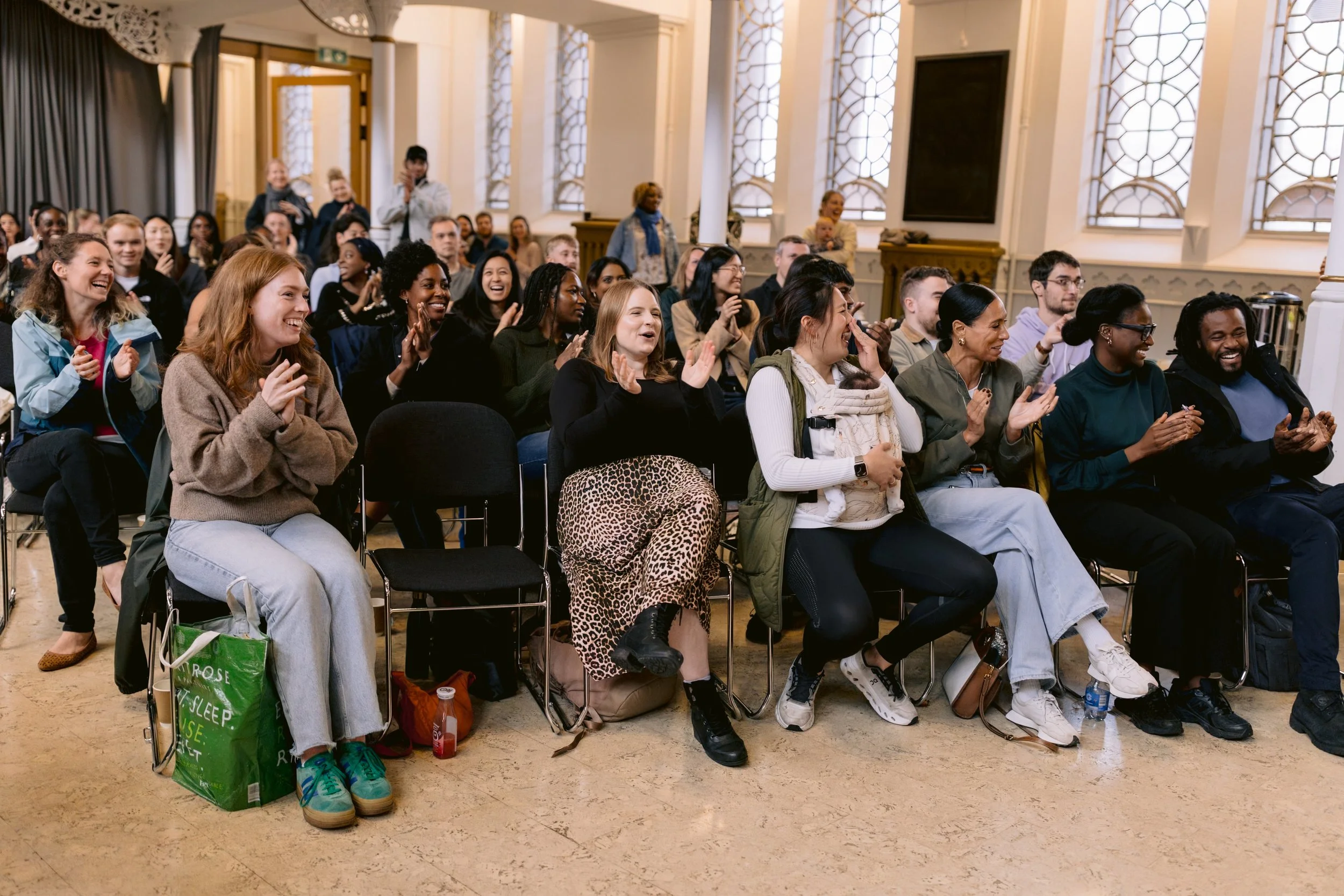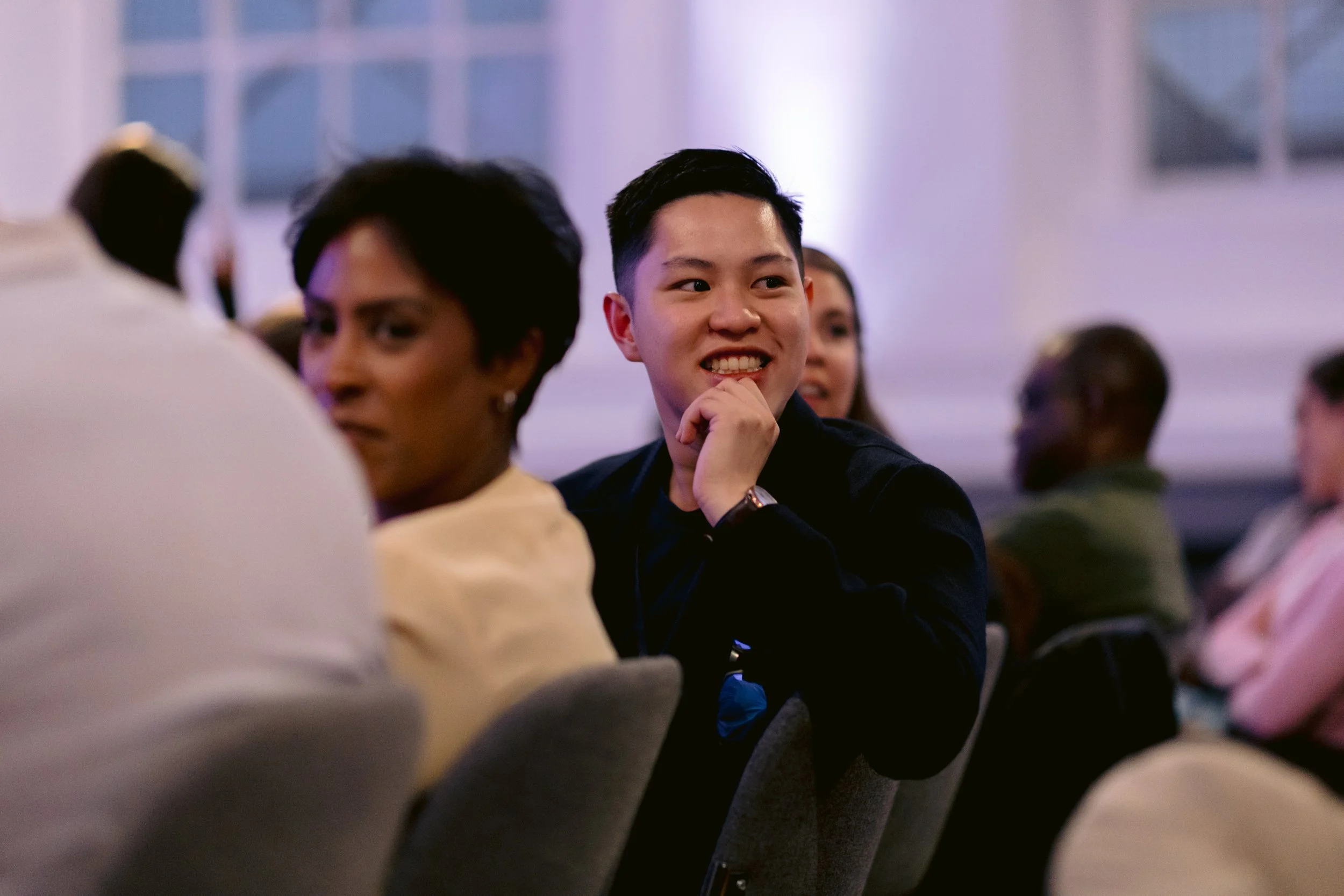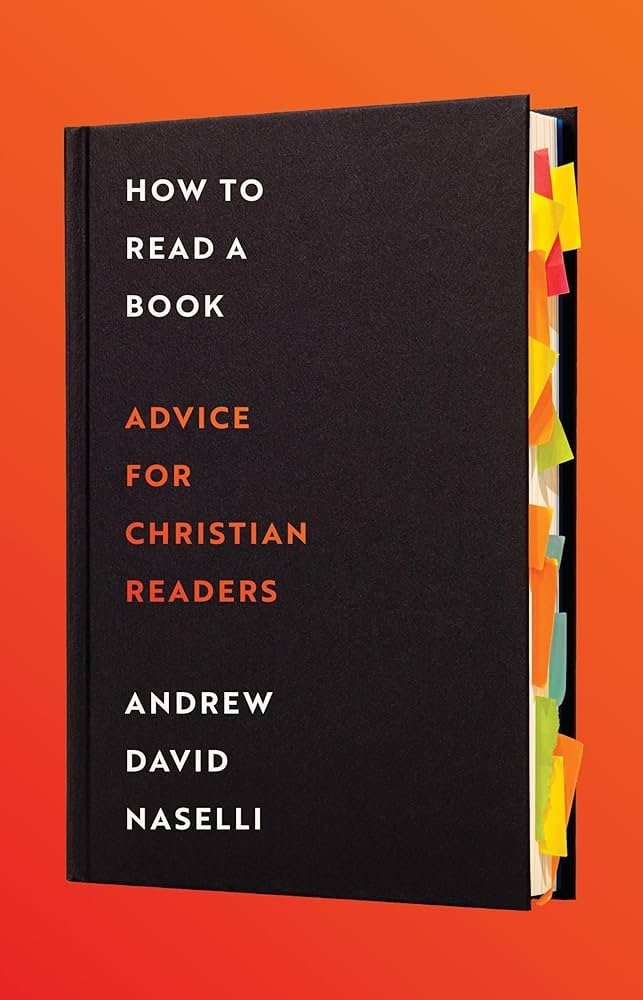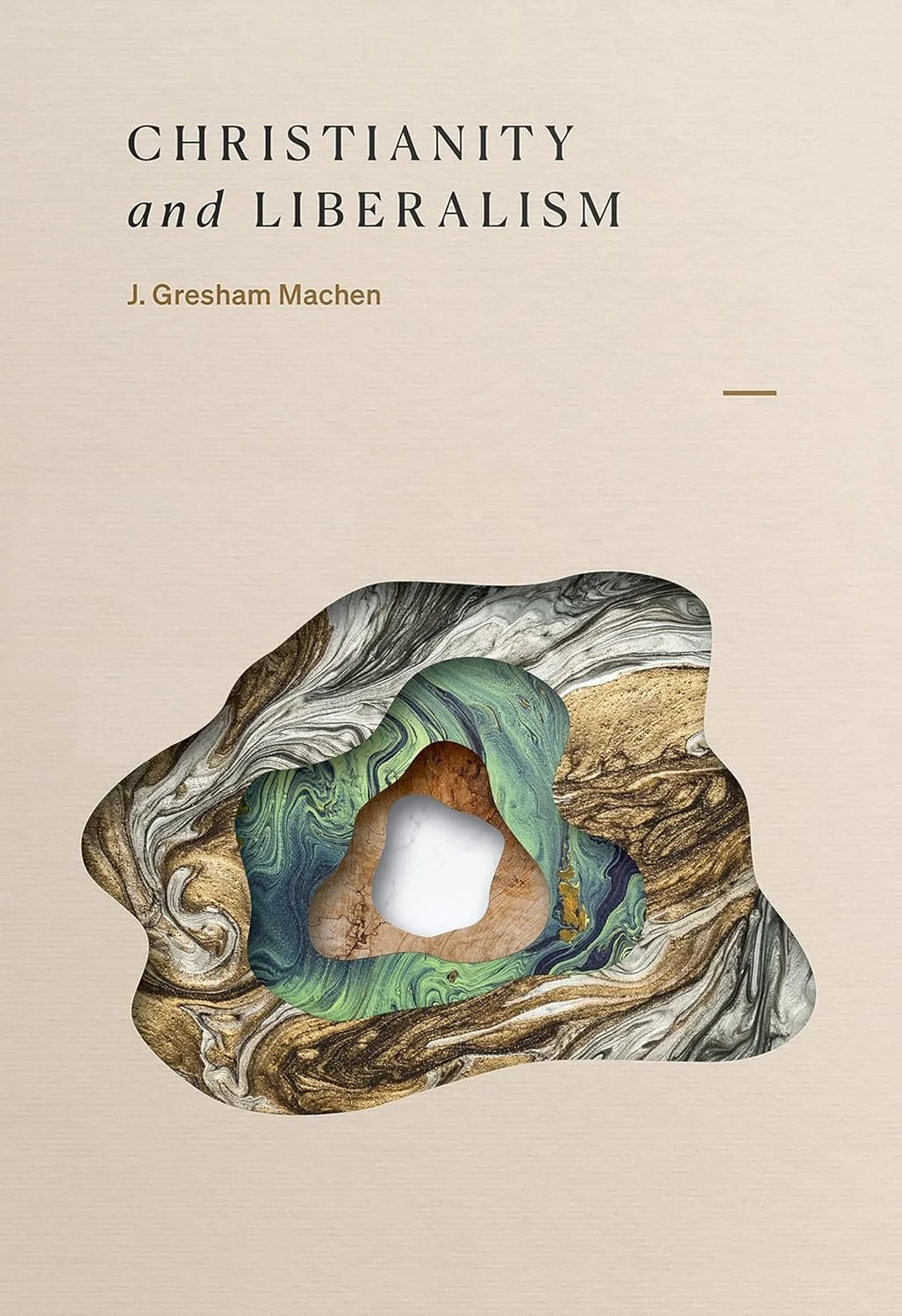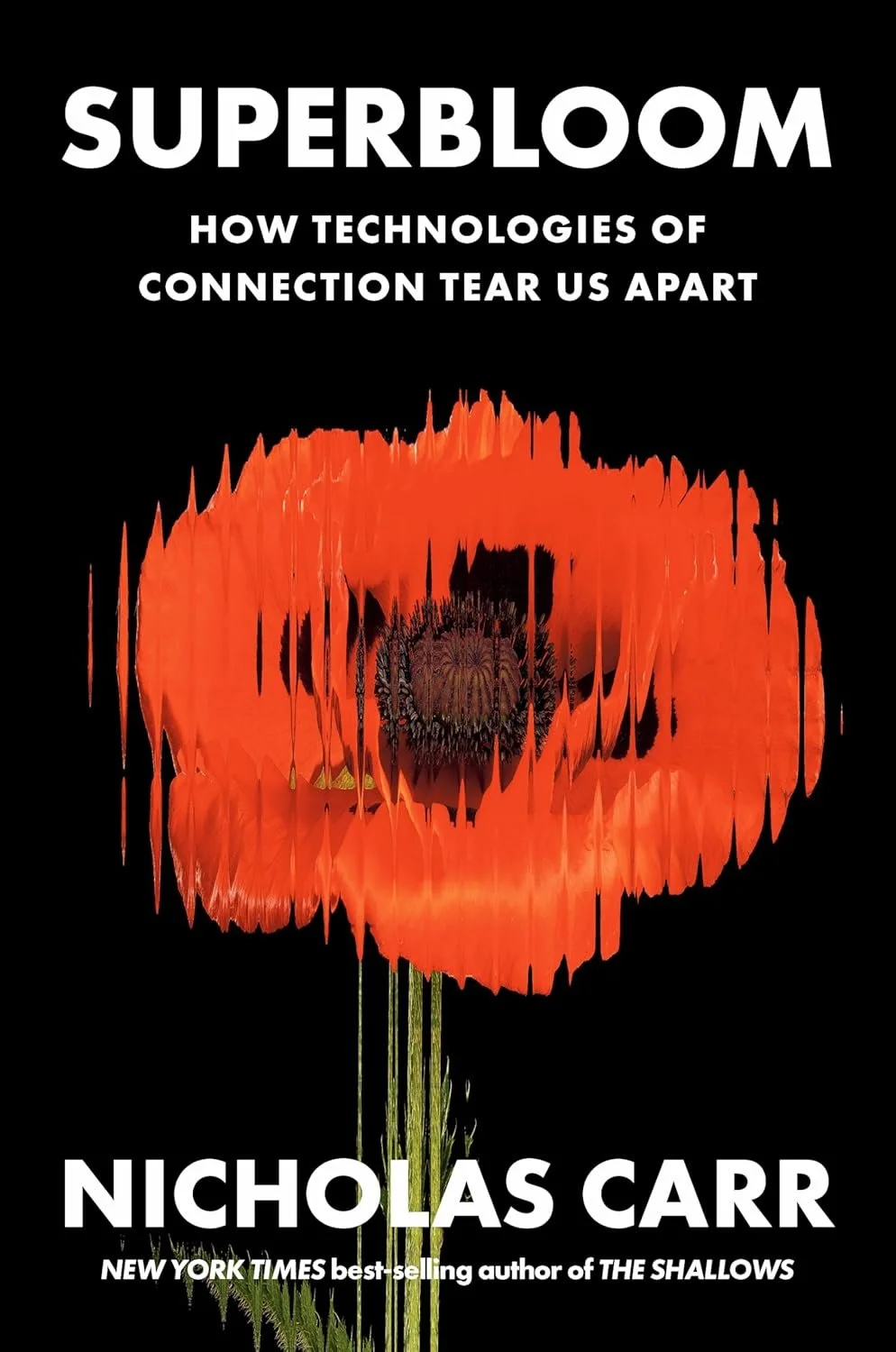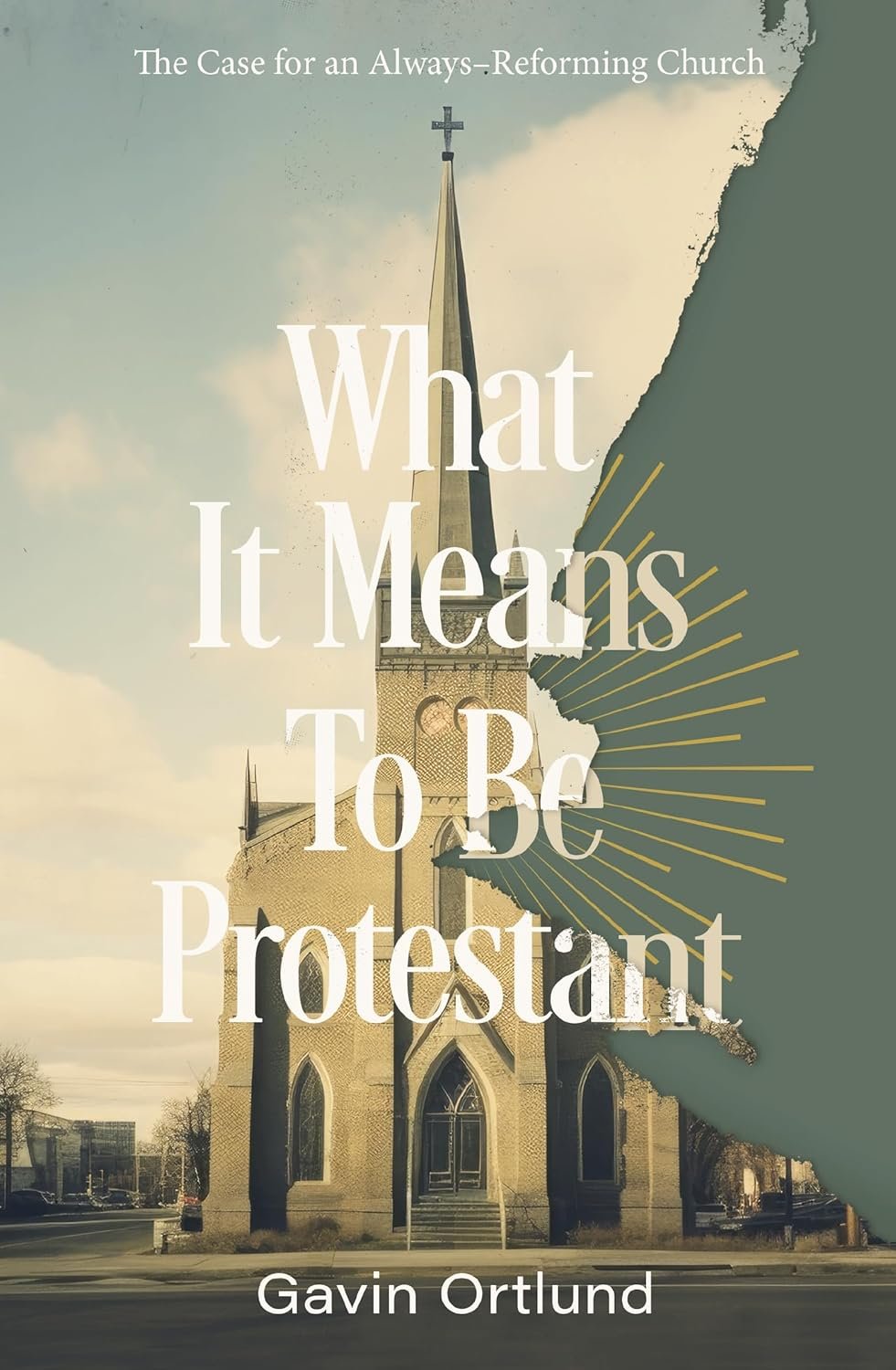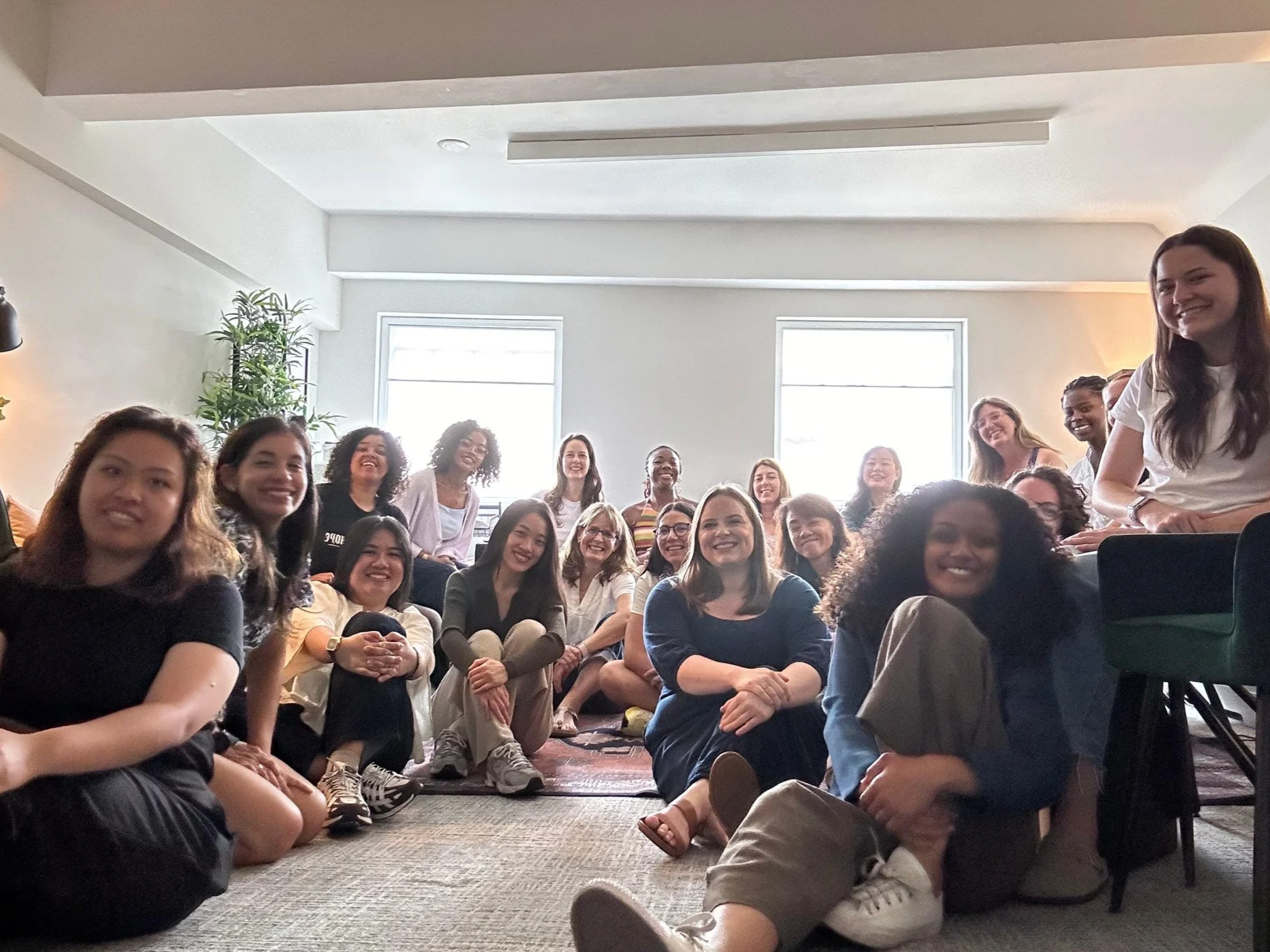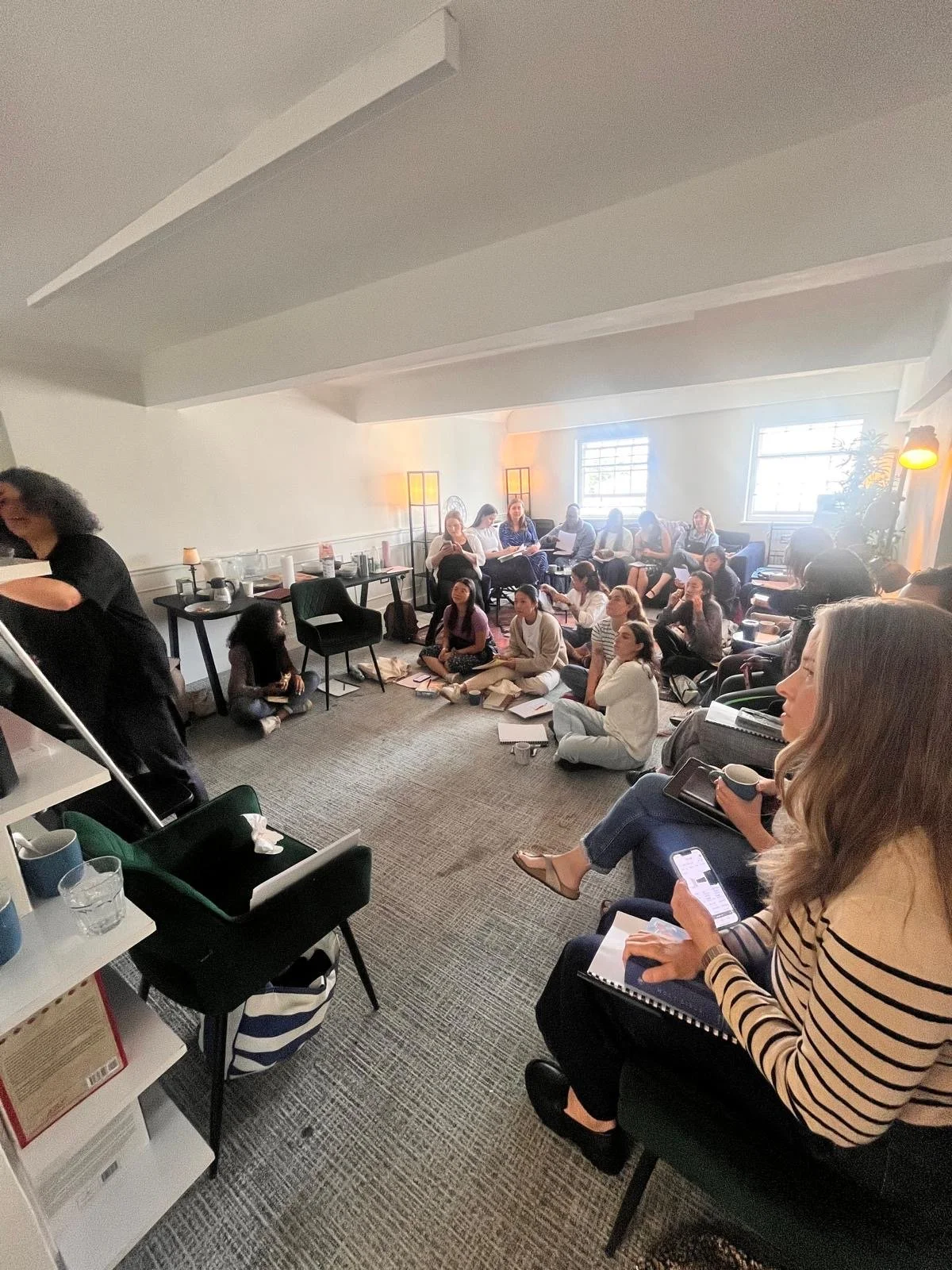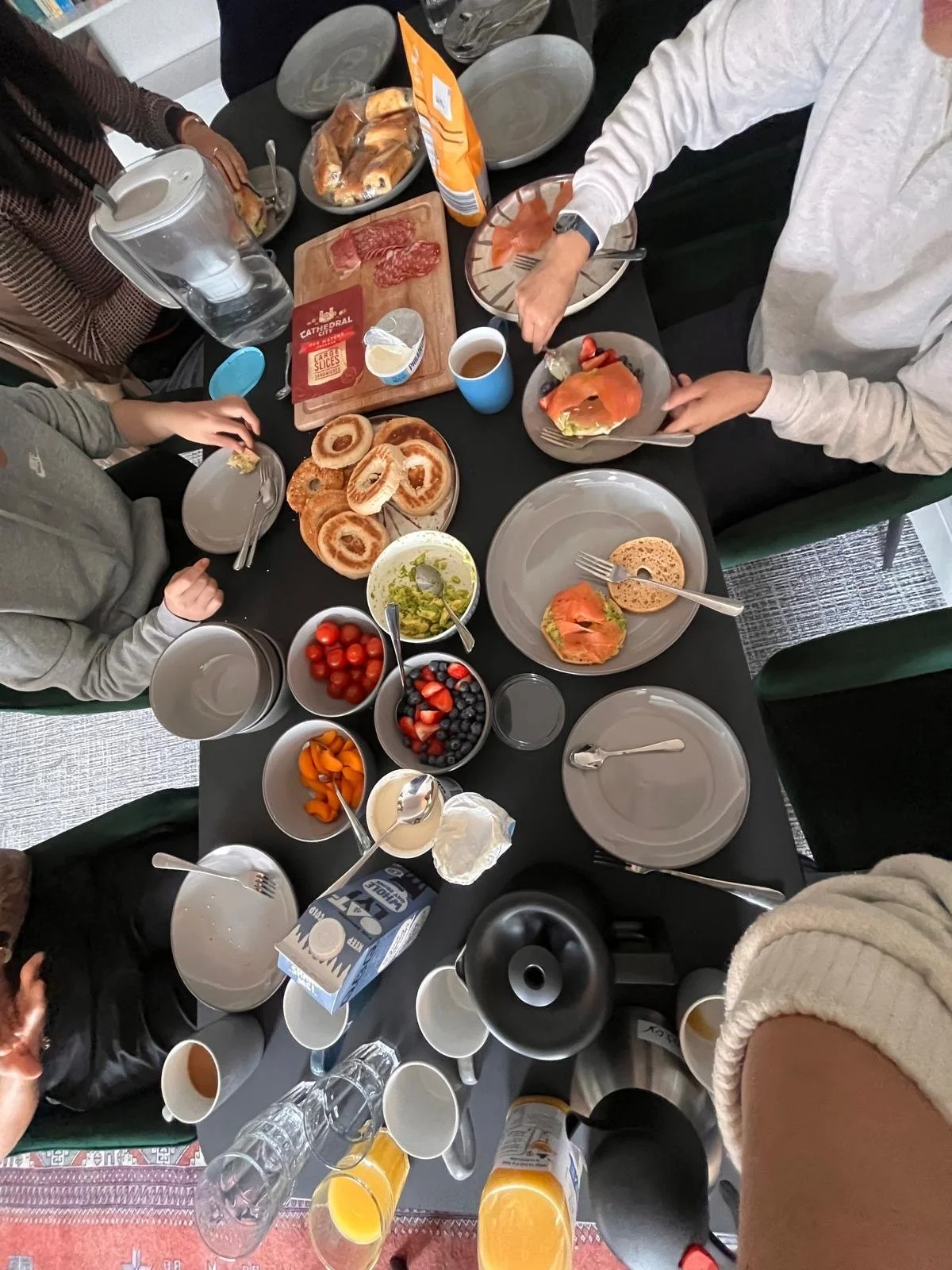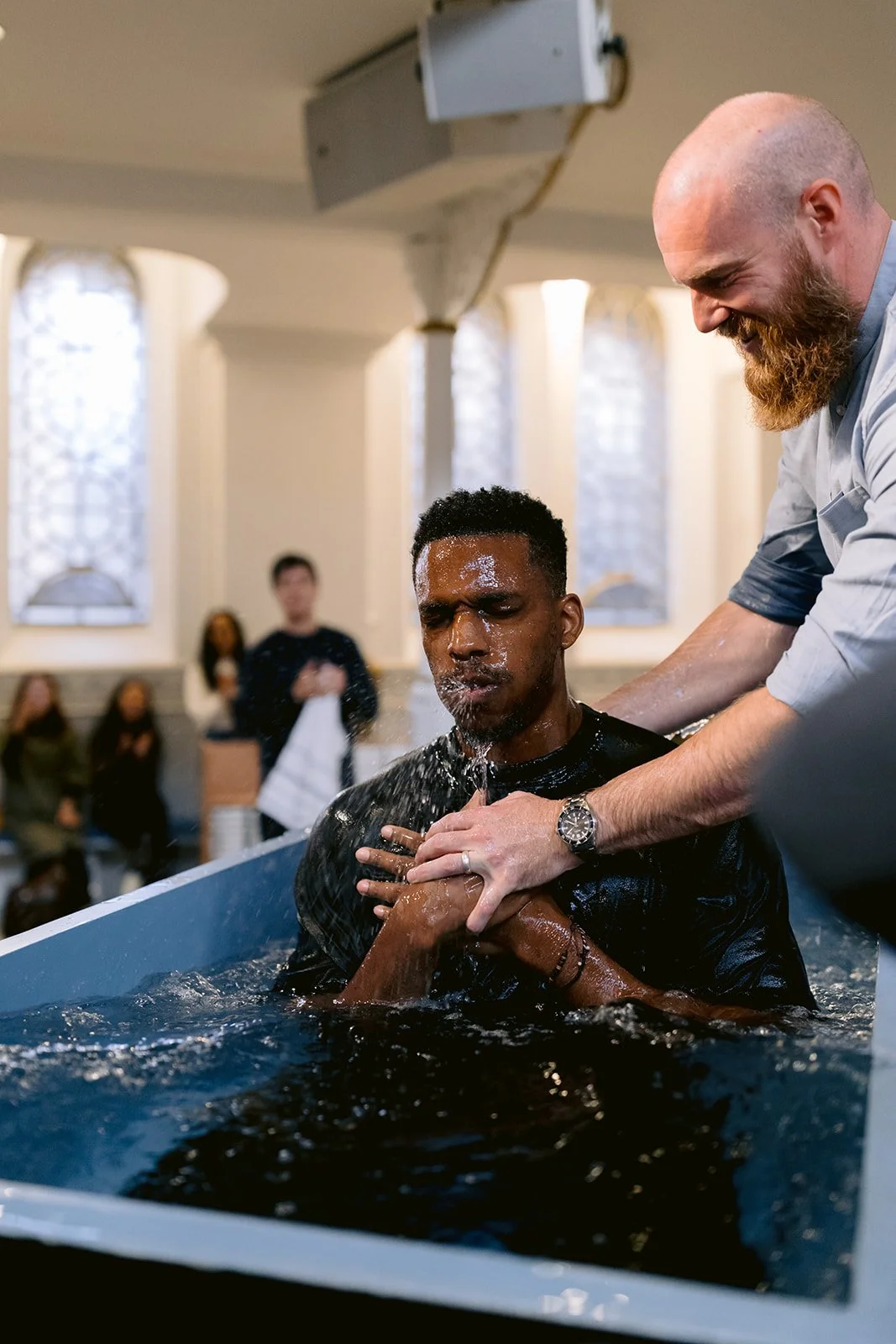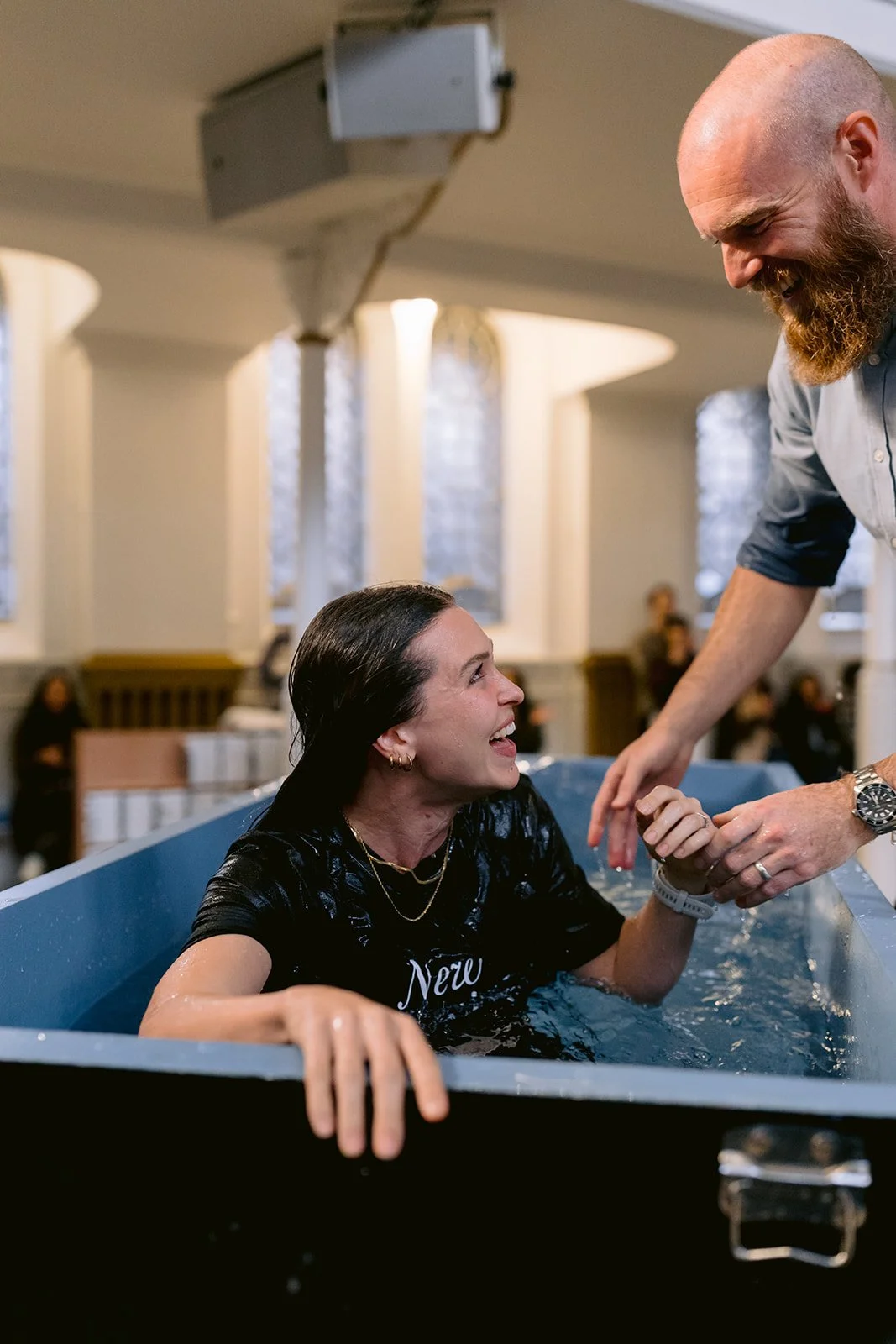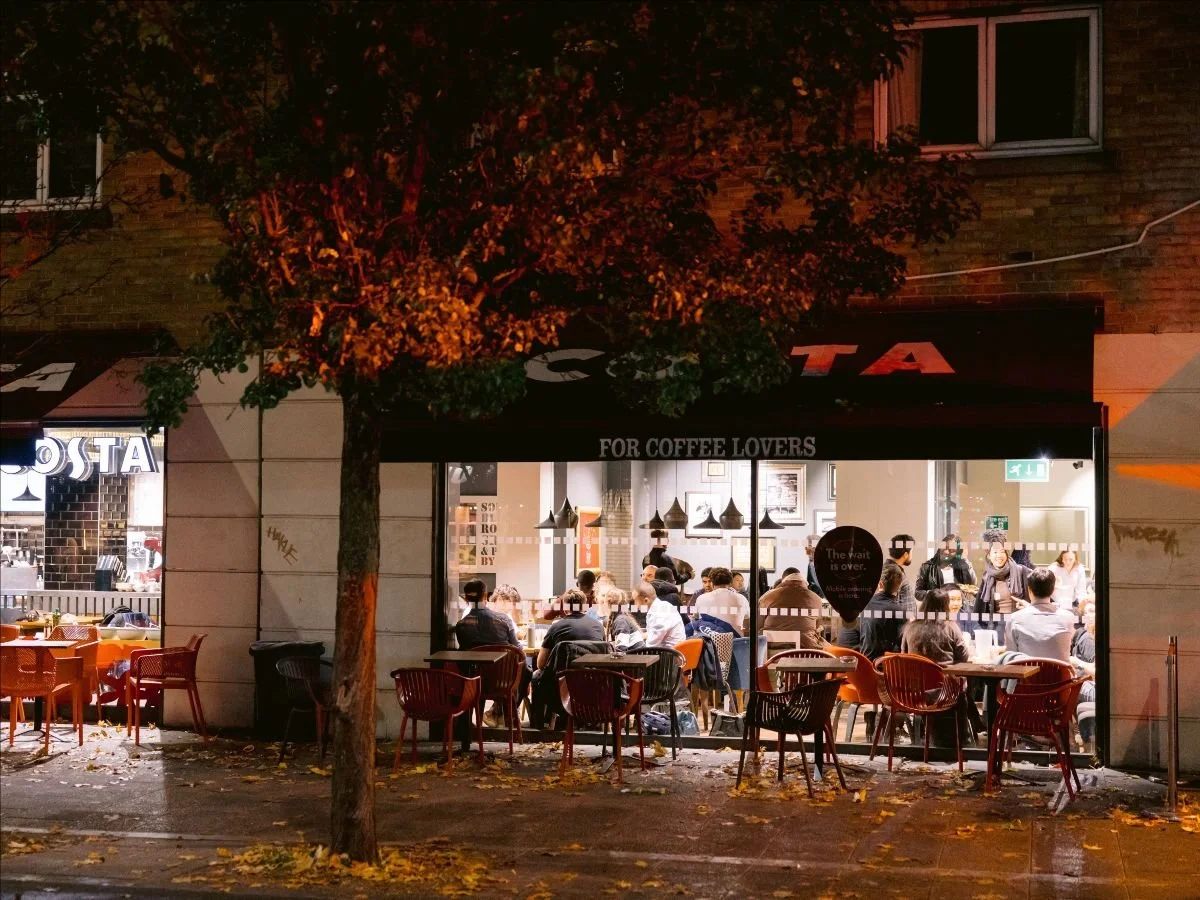A few weeks ago, my wife was reading Bobby Jamieson’s book Everything Is Never Enough when she had to pause, grab my attention, and read a section out to me. It was one of those punchy and thought-provoking passages that just has to be shared. And so I’m sharing it with you also.
Jamieson’s book is an introduction to Ecclesiastes, and this comes from the chapter on money. Specifically, he is explaining why money and wealth are not the same thing.
One of money’s cleverest tricks and most dangerous traps is that it masquerades as wealth. The two are so linked in modern minds that we often use one word to mean the other…
Money promises to bring more of the world within reach. Money offers to turn more of this world’s treasures and joys into things you can treasure and enjoy… But the power of money that brings objects near also pushes people away. Byung-Chul Han sees this clearly: ‘Money, by itself, has an individualizing and isolating effect. It increases my freedom by liberating me from any personal bonds with others.’ To hire someone to perform a task for you is to vacuum seal the relationship: Thus far you shall come, and no farther. The more your needs can be met by paying people to meet them, the less you have to need people. The more your money can command other people’s time, the less liable you are to the unpredictable demands of reciprocity. The more money you have, the fewer friends you need – and, as Qohelet [the author of Ecclesiastes] warns, the harder it is to tell who your friends are… Money delivers lonely efficiency because wherever it governs, it replaces and prevents durable dependence on other persons.
I don’t think he’s saying that hiring people for various tasks is automatically isolating or in any way wrong in itself. But clearly the risk he’s describing – of becoming insulated from others because you no longer really need or depend on anyone – is a genuine risk when you have money. And it’s a fair description of so many people’s lives in this great city we live in. But then Jamieson paints a different portrait of the true wealth that comes through relationships.
Our four-year-old daughter, Margaret, has a bad cough. Thankfully, her symptoms signal nothing worse. Last night at 9:40, my wife texted our friend Rebekah to see if she had some medicine for the cough that we didn't have. We live in a church-owned house across from the church’s building on the same city block; Rebekah lives with her husband, Josh, and their three school-aged children in a third-story apartment across the street. At 9:45, I met Rebekah on the steps of her apartment building to get the medicine. Not long after, Margaret was breathing better and cracking jokes.
Josh and Rebekah have not pursued a money-delivered life of lonely efficiency. They have built their life together neither around making as much money as possible nor on gaining all that money can get them. They have three kids and no yard. They live across the street from our church so that they can do things like share medicine with church members in need on short notice at night. Their lives, and ours, and those of dozens of others, are richer for it. Their goal is not abundance without dependence but a better abundance that comes through inter-dependence.
I think Jesus was speaking along similar lines when he said, Blessed are you who are poor, for yours is the kingdom of God (Luke 6.20). He was teaching us that there is a wealth available through the gospel that money cannot buy.
And so, here is the constant tension the world will present to you in this great city of opportunity. We can all feel the pull of desiring to get a little richer (even if we can’t quite manage to achieve it!) But the question is whether that will, in itself, make you any more wealthy. Pull those two ideas apart, and hold them in separate places in your head and heart, and suddenly you can see through the mirage.
These articles are 100% man-made, without the use of generative AI.

